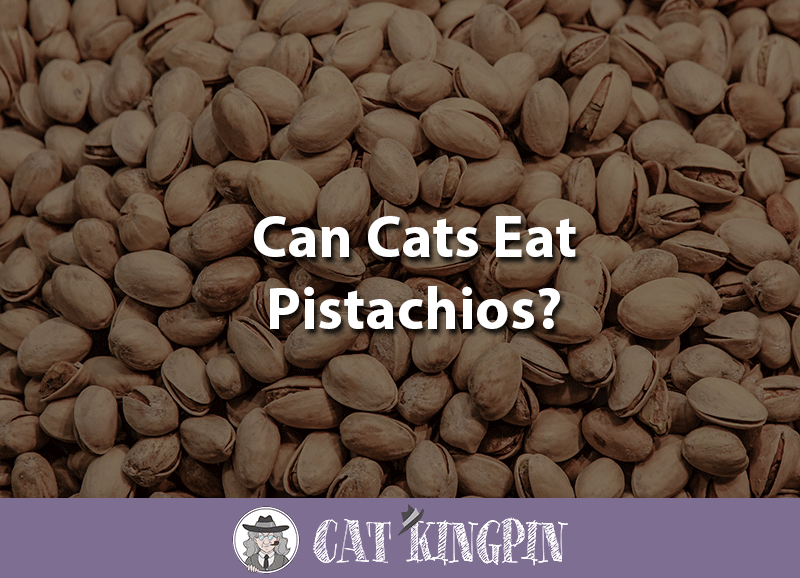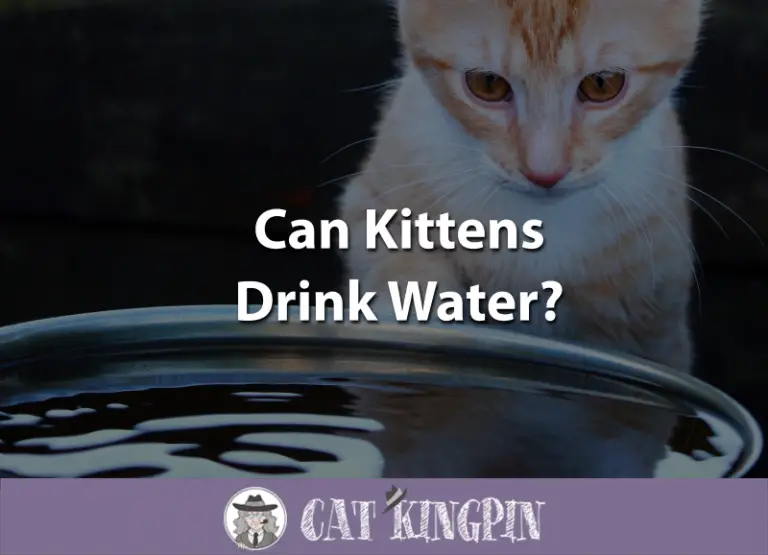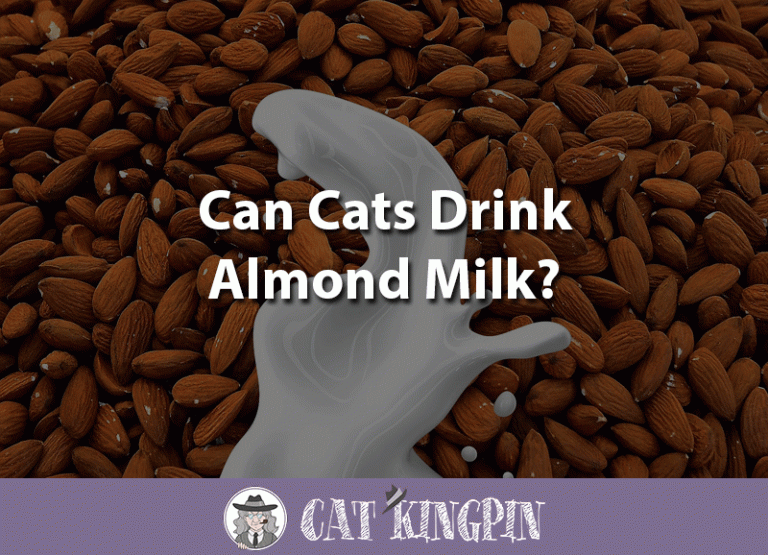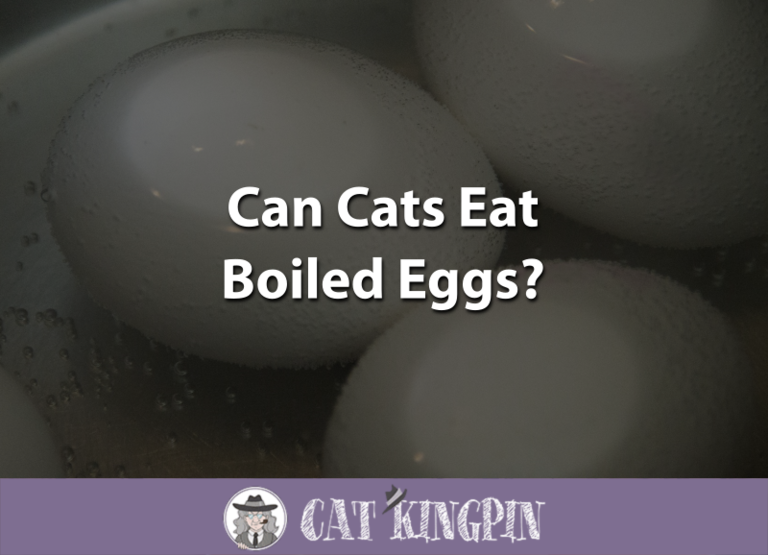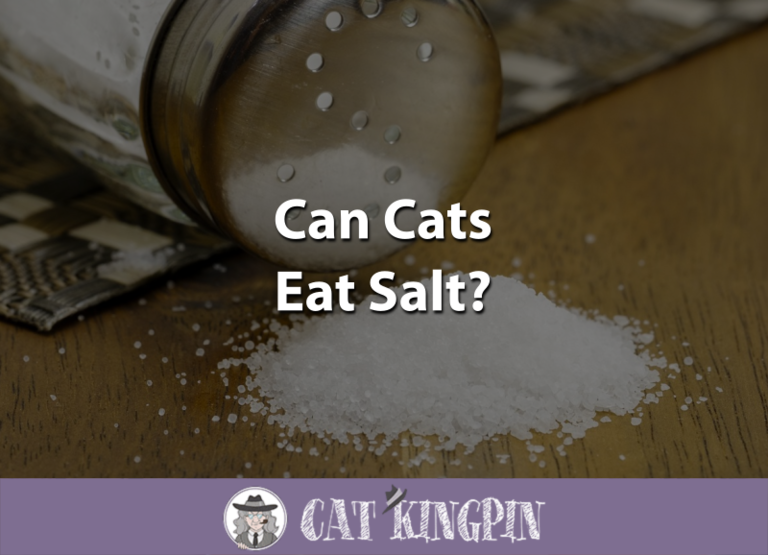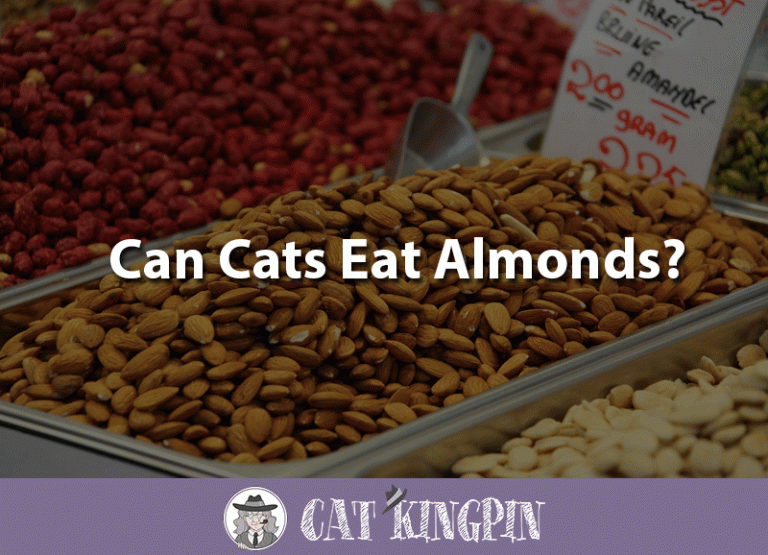Can Cats Eat Pistachios?
Whether you like them or not, everyone knows what a pistachio is. Eaten whole or as the tasty green ice cream flavor, pistachios are becoming increasingly popular.
Pistachios also have a growing reputation as a superfood. For people, pistachios are a healthy alternative to the processed snacks many people eat that are often high in saturated fats, sodium, or both.
But are pistachios healthy for cats?
The truth is, pistachios really aren’t that great for cats to eat. And, in rare circumstances, pistachios could harbor a toxin that could make your cat very sick.
Let’s find out more about pistachios. In this article, we’ll cover the following:
- Cats and Pistachios – What You Need to Know
- Can Cats Eat Pistachios?
- Can Kittens Eat Pistachios?
- Benefits/Negatives of Feeding Cats Pistachios
- Alternatives to Pistachios for Cats
Cats and Pistachios – What You Need to Know
Like almonds, pistachios aren’t technically nuts. Instead, they are the seeds of the Pistacia vera tree.
Pistachios were originally domesticated in Persia, in the area that now comprises Iran. Archeological evidence suggests people have been eating pistachios for at least 9,000 years.
Pistachios have been known to harbor the Aspergillus fungus when they are not properly stored. In the past, this fungus has been linked to an outbreak fatal liver failure in dogs.
Such contamination and poisonings are relatively rare. However, though the outbreak affected dogs, it is likely that consumption of Aspergillus-tainted pistachios could also cause your cat or kitten to become sick.
The reality is that most cats are not interested in eating pistachios, though they may find pistachios fun to play with. As this video shows, however, cats don’t mind pitching pistachios in commercials:
They might, however, like pistachio ice cream. If you are thinking about letting your cat try ice cream, make sure and check out Can Cats Eat Ice Cream? I found out that brain freeze happens to cats quite often, so tread with caution when feeding your cat ice cream!
Can Cats Eat Pistachios?
Pistachios are healthy for humans. They are considered a nutritionally-dense food, containing loads of vitamins, minerals, fiber, and healthy fats. But, it is important to remember that cats’ digestive systems are much different than ours. This means they process foods much differently than people.
First of all, cats are obligate carnivores, which means all they really need to eat is meat. Cats are actually very poor at deriving nutrition from foods that aren’t meat. For example, cats don’t need fiber in their diet. In fact, food containing fiber can have a laxative effect on cats.
Cats also don’t need to worry as much about the types of fat they eat because they process fat differently than humans. Cats can enjoy a diet proportionately higher in lipids, including saturated fats, without any negative effects.
The main problem with cats eating a high-fat diet is they could become overweight.
Can Kittens Eat Pistachios?
Kittens tend to be even more sensitive to things than adult cats because kittens are tiny and their bodies have not yet fully developed. For this reason, kittens should never be given pistachios.
While aflatoxin poisoning is rare, it could make a kitten extremely sick. Why take the chance?
Additionally, pistachios present a choking hazard. Kittens do not have as much experience with different food items and may try to swallow the pistachio whole or even attempt to eat the shell.
It is simply too dangerous to give kittens pistachios.
Benefits/Negatives of Feeding Cats Pistachios
Generally, pistachios are not likely to be harm to your cat. However, since cats derive the vast majority of their nutrition from eating meat, there is very little benefit for cats to eat pistachios.
Pistachios are high in dietary fiber. If your cat gets too much fiber from eating too many pistachios, they could have indigestion and loose stools.
Further, pistachios can harbor a species of fungus called Aspergillus. This fungus produces a toxin which can cause your cat to develop aflatoxin toxicosis.
Aflatoxins can make a pet very sick or even kill them. Symptoms of aflatoxin toxicosis include:
- Lethargy
- Weakness
- Loss of appetite
- Vomiting
- Bloody diarrhea or black-tarry stool
- Yellow mucous membranes
- Seizures
If your cat has eaten pistachios and begins showing any of these symptoms, contact poison control and your vet immediately!
Alternatives to Pistachios for Cats
If your cat does seem infatuated with pistachios, how about giving them a cat food that looks like pistachios, but is healthy for them? You can also give them these green treats that your cat is sure to love.
And, if you just love the taste of pistachios and must share that enjoyment with your adult kitty, consider giving them just a small taste of pistachio ice cream from time to time.
But, as this video shows, if you feed you cat ice cream, know that they are not immune to the dreaded brain freeze:
So, Can Cats Eat Pistachios?
Your adult cat is probably fine to eat very small amounts of pistachios or have a few tastes of pistachio ice cream. In fact, most cats will likely just view pistachios as a toy to bat around.
But, if you can’t keep your cat away from the pistachios, here are a few tips that might help:
- Buy a nut-shaped cat food and or some healthy green cat treats in place of the real pistachios. There is a good chance they won’t even know the difference.
- Keep your pistachios in a closed drawer or cabinet.
- If your cat does manage to eat some pistachios, keep an eye out for the symptoms of aflatoxin toxicosis: lethargy, weakness, loss of appetite, vomiting, bloody diarrhea or black-tarry stool, yellow mucous membranes and possibly seizures. And, if they start showing any of these symptoms, contact animal poison control and take them to your veterinarian immediately!
If you’re also wondering if your cat can eat peanut butter, you can find out by clicking here.
If you have any questions or would like to share a story about your cat and a healthy snack they really enjoy, please tell us in the comments below, we’d love to hear from you.

